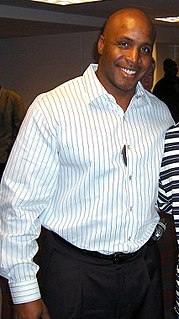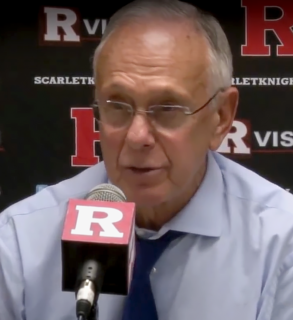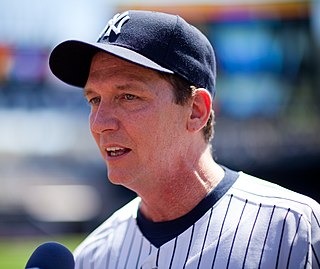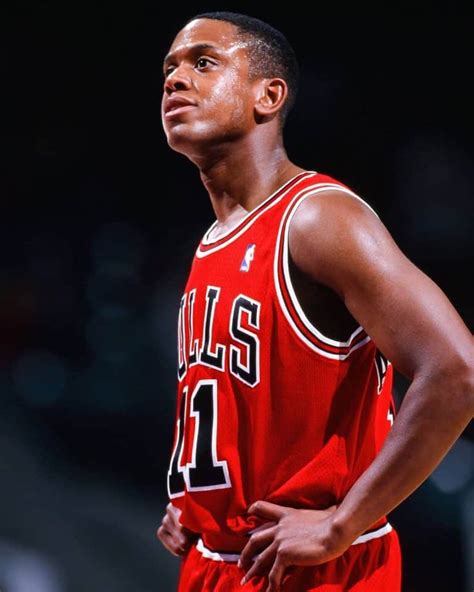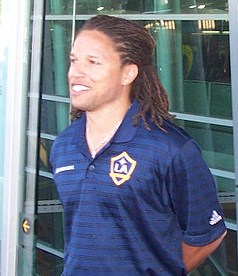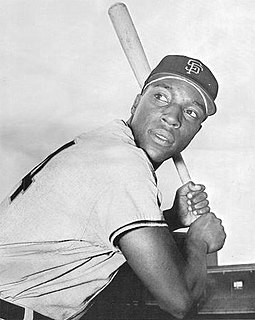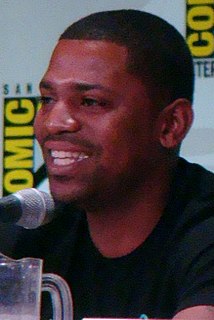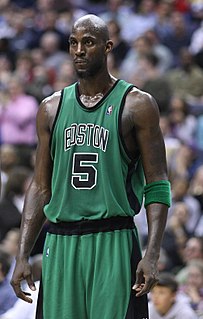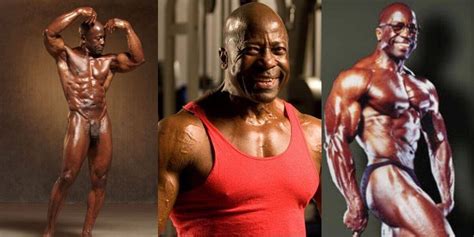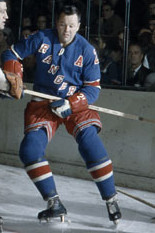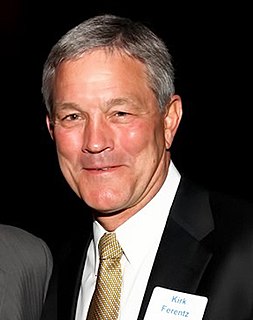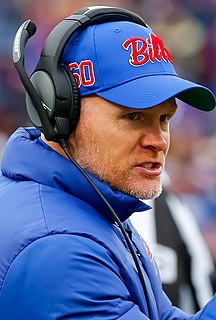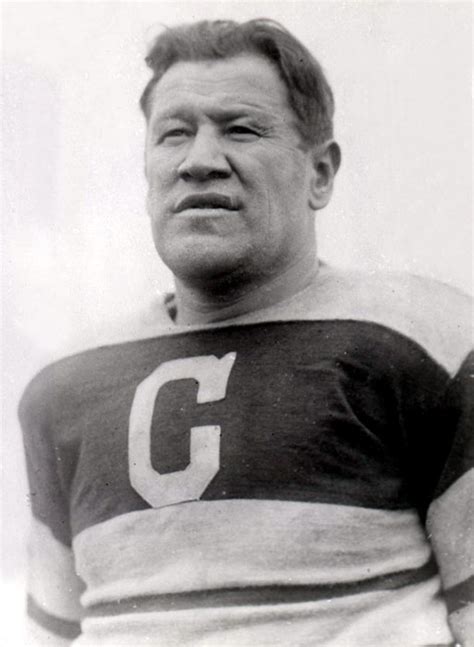A Quote by Barry Bonds
I don't want to be a Major League coach.
Quote Topics
Related Quotes
What I found fascinating was just how quickly the best of the young Negro League players were drafted into the major leagues once Branch Rickey broke the color line by hiring Jackie Robinson. It was clear that all of the major league owners already knew the talents of the black ballplayers that they had refused to let into their league.
Most players will tolerate their coach, just like the coach will tolerate that player to do what they got to do, but Steve Kerr is unique. Players want to play for Steve Kerr. Everyone who's played in this league, who's coached in this league, who's been a general manager understands exactly what I'm saying - he's one of them.
Major League Baseball has the best idea of all. Three years before they'll take a kid out of college, then they have a minor league system that they put the kids in. I'm sure that if the NBA followed the same thing, there would be a lot of kids in a minor league system that still were not good enough to play in the major NBA.
